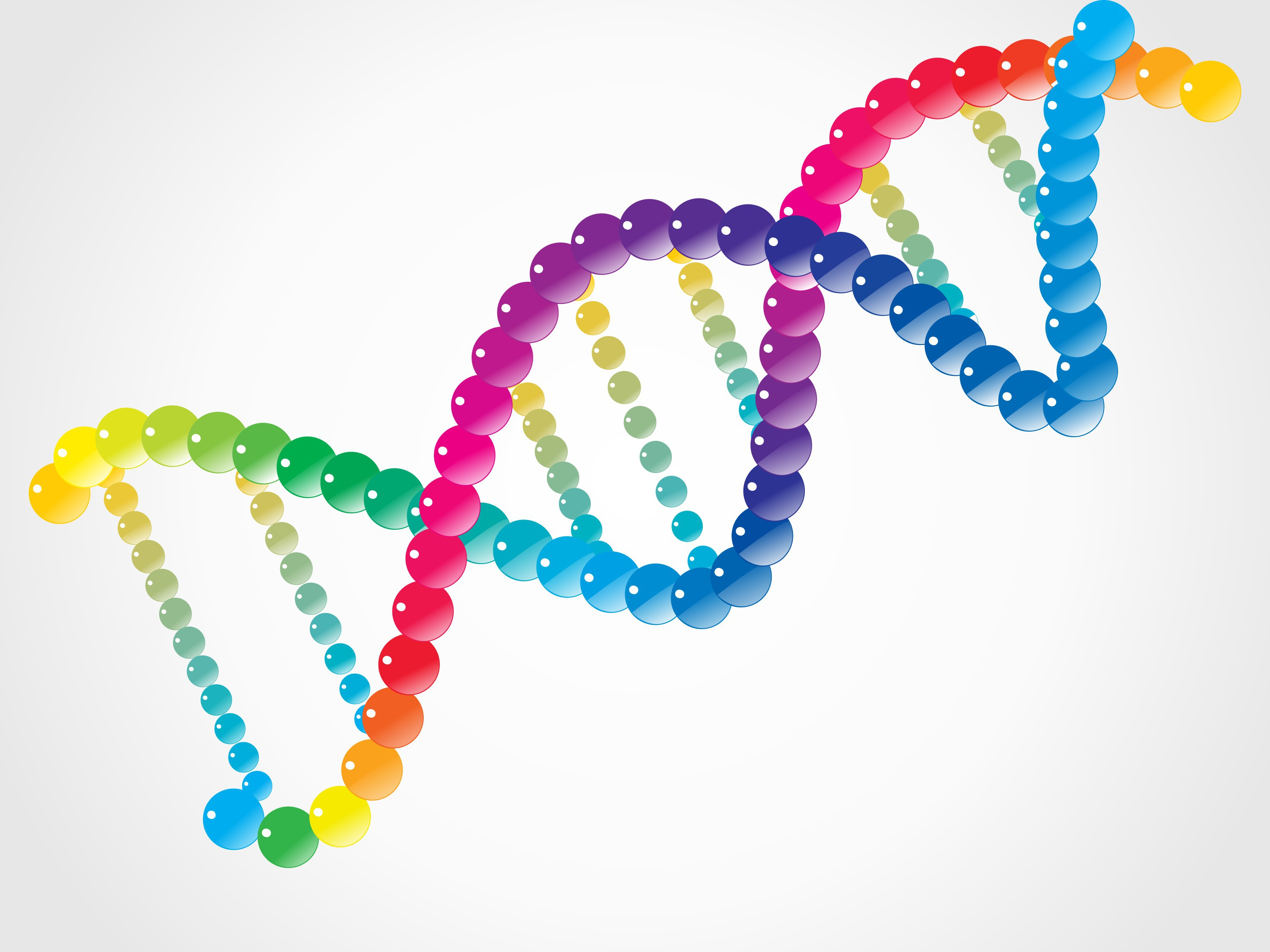Alberta Biology 30
This is a direct follow-up to Bio 20. We literally wrap-up the loose ends from Bio 20. There's 4 units and, being a 30-level class, there's a Diploma Examination at the end.
Nervous & Endocrine Systems

This is a heavy unit, and it often gets split into two. When studying the nervous system, we dive deep into the details of how a nerve cell works, the different parts of the brain (lots of memorization here!), and then seeing and hearing. Lots of names of parts and what they do.
The second part of the unit deals with hormones and how they work. I tell all my students to memorize page 440 (of the green book), because that's easily 75% of the exam. There's over a dozen hormones we go through, and the glands that produce them, and what they do, and other generic hormone stuff like negative feedback.
Reproduction
Okay. Teaching sex to teenagers. But in detail. We name all the internal plumbing and what it does, then we get to plug in a few hormones we learned about last unit into this one. The last part of the unit covers in details what happens during a 9 month human pregnancy. We talk about some pretty cool stuff in here, from the original fertilized egg to a full-term baby, and all the steps in between. There's some vocabulary and some memorizing, but it's a very descriptive unit.
Genetics
This is my favourite unit, probably because of my university major. The first part of the unit, Mendellian genetics, students tend to like. We talk about inheriting traits from parents in a very non-technical way. In the next part of the unit we talk about DNA, what it is, what it does and how it works. Most students think this part is too technical, and they're probably right. Last, we talk about cell division and plug in concepts from the earlier parts of this unit, as well as stuff from the Reproduction unit.
Evolution
This is the lightest unit. We plug back into that Bio 20 unit and take it a little bit further. Why they split these up is beyond me. There's some vocabulary and concepts to deal with, but nothing serious.